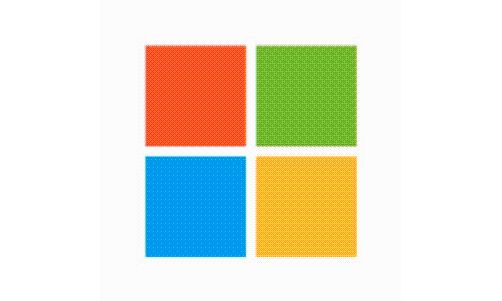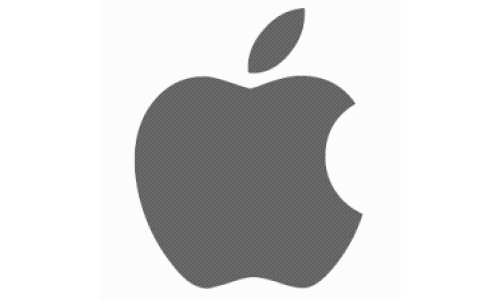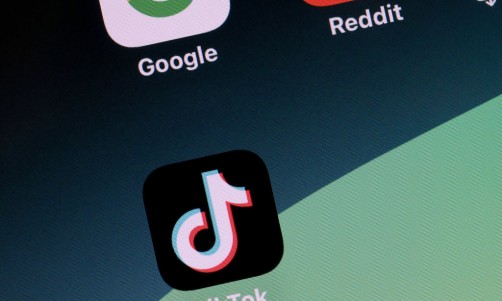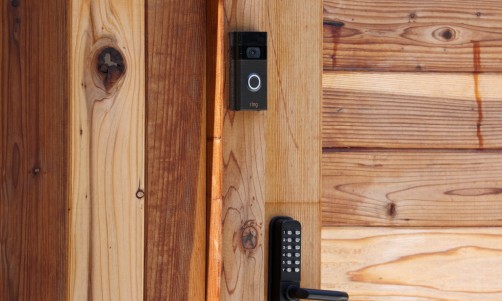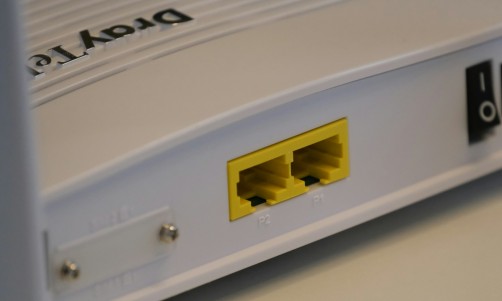The Internet hides more mysteries than you can imagine, and although it proves incredibly beneficial for your day-to-day life, the rise in its usage also gave birth to an increase in data breaches.
We know that you do not even want to think of your digital data being compromised, but data breaches have become more and more common, with more than 790,000 complaints from victims of cybercrime, as reported by the FBI's Internet Crime Complaint Center (IC3). Businesses are more prone to data theft since entrepreneurs owe sensitive information like customers' bank account details. That is why it is imperative to take the proper measures to protect against cyberattacks. Common cyber threats include stolen hardware, malware, phishing, intellectual property (IP) theft, password sniffing, and access breach. As you can see, cybercriminals use various methods to compromise your system and take advantage of crucial information stolen from your computer or online accounts.
A data breach can cost millions of dollars, so keeping yourself cyber safe is not only a sound practice but also a necessity. Although it might be a daunting task to prevent cybercrimes, it is not impossible.
See below some of the most effective ways to increase your online security:
Routinely change passwords and make them strong
Maybe one of the best ways to stay away from cybercrimes like a data breach is to keep close tabs on your passwords. These open sesames are the first hackers will try to crack, so you would better build a strong and different password for each account. If you are still using easily guessing phrases like a combination between your first and last name followed by your birthdate or another number associated with you, you would better change the habit. Try as much as possible to create passwords consisting of random words, numbers, symbols, and upper and lowercase letters, and ensure these have no connection to you or your loved ones. Find it challenging to memorize several passwords? You can use a password manager - it not only sets security standards for logins but also allows you to access your passwords on several devices.
Keep your private information private
We know that this might sound obvious, but you would be surprised to find out how many people mistakenly share their private data in the online environment. The rule is simple: do not provide your personal information or passwords, no matter who might be asking you for them. Many unsolicited callers can contact you with various pretexts and trick you into giving them crucial data. It is also imperative to ensure website security before navigating it or making any purchases: the easiest way to do that is by checking if there is a closed lock symbol at the bottom of the screen. When clicking on that symbol, you may find a message like "the connection to the server is encrypted" or "connection secure": this is a good sign.
It would also be helpful to pay attention to the web addresses - unsafe addresses are usually not formed with "HTTPS." The final "s" shows that these addresses use transport layer security (TLS) to encrypt standard "HTTP" responses and requests.
However, if it ever happens to be the victim of a cyberattack, it is essential to know what to do. We know that it may be frustrating to deal with such an issue, but learn that you can have your losses covered. If you file a data breach claim, you obtain compensation for any damage, material or psychological. Professional lawyers will further guide you on this long legal path.
not even your Internet provider will be able to see your web browsing history.
Go the private route
If you can do something to improve your online privacy, use the private mode. Depending on the web browser, this mode has different names (Incognito for Chrome, InPrivate Browsing for Internet Explorer, Private Tab / Window for Opera), but, in essence, it has the same purpose: keeping your online activity, including purchases, safe from the curious eyes of cyberpunks.
Strengthen your network
As we see, passwords are crucial in keeping you safe on the Internet, so do not overlook a strong encryption password. In an equal manner, consider a virtual private network (VPN) because it will encrypt traffic on your web, leaving any criminals trying to hack your system confused. If they somehow manage to crack your passwords, they will only see encrypted data that takes infinity to be decrypted. VPN also hides your IP (Internet Protocol), making it difficult for data thieves to access your location. With such a network, not even your Internet provider will be able to see your web browsing history.
Be alert to phishing
Phishing has become more and more popular as a method to steal someone's personal information by tricking them into clicking on suspicious links promising to take them to an allegedly authentic website. These links are often pretended to pertain to financial institutions like banks and individuals using this kind of method ask people to click them to, for example, fill in the necessary details to solve a problem.
Phishing is most prevalent in email, but you can also receive text messages or phone calls. If you are a business owner, make sure you train your employees on the dangers phishing can hide and teach them how to avoid such attacks. It is vital to recognize and distinguish between an authentic and corrupt web address not to fall into the trap of phishing.
Install antivirus and anti-spyware software
Although it might seem the most predictable method to protect yourself against cyberattacks, it is one of the most efficient. Antivirus software programs nowadays come with a lot of features, being charged not only with the task of tackling cyberattacks but also with getting rid of the viruses that have already entered your system. Antivirus software also blocks spam and ads, making your online experience much more enjoyable.
Bottom line
Protecting yourself on the Internet has become a priority in today's data-driven world. So, you need to take proper action not to be the victim of data breaches or any cyberattack.







